
by Kent Johnson, J.D., Senior Corporate Advisor, Religious Freedom & Business Foundation
Part of the blog series, Authenticity & Connection (category: Who)
Off-the-cuff Q&A sessions with representatives of faith-based employee resource groups invariably spur profitable thought. A recent virtual event with people from Microsoft Corporation on “The Changing DEI Landscape” (see HERE) was no exception.

[The perspectives shared in the video are those of the individual participants and for general information, and not official statements of Microsoft; they are not intended as legal advice].
Today I’d like to focus and expand on just one of the questions raised in this session: the crucial role of what I’ll call “Ordinary Workers.”
Julia Oltmanns (Director of Diversity, Equity and Inclusion Services at Zurich Resilience Solutions) and I shared real-life stories of how (and why) faith-oriented Employee Resource Groups are springing up in more and more companies. Leadership is a big factor. It’s important that the organization’s top leaders clearly communicate that they believe their employee’s core personal principles and beliefs are relevant to the company’s mission and vision, and that they want their people to bring their whole selves, faith and all, to work. A bold, principled HR Department also helps. But more is needed. The real catalyst of breakthrough connections, and the engine for the faith at work movement, is the “ORDINARY” WORKER.
 I’ve written about The Power of “Ordinary” Workers Applying their Core Beliefs (HERE) in a blog focused on ethics and legal compliance. Today I’ll focus on what some might consider “softer” things; but considerations which can have huge significance for both the organization and the individuals. In so doing I’ll build on specific points made in the session with Microsoft.
I’ve written about The Power of “Ordinary” Workers Applying their Core Beliefs (HERE) in a blog focused on ethics and legal compliance. Today I’ll focus on what some might consider “softer” things; but considerations which can have huge significance for both the organization and the individuals. In so doing I’ll build on specific points made in the session with Microsoft.
A particularly poignant TED talk titled “Everyday Leadership” by Drew Dudley (HERE) illustrates this point about ordinary interactions among ordinary people. Drew tells how he learned after the fact that, in a seemingly trivial, fleeting gesture, it turned out that he profoundly impacted the trajectory of life for someone at his college. His story grippingly illustrates the fact that we never really know the impact we ordinary people may be having as we navigate simple interactions in everyday life. Our action need not involve a courageous spiritual stand to have powerful positive effect.
“Everyday Leadership (The Lollipop Moment),” was voted one of the 15 most inspirational TED talks of all time, and one of the top seven talks to make you a better leader, according to Business Insider.
Who makes Corporate Culture? I’d submit that the fabric of mutual trust, respect and warmth is woven stitch by stitch, day by day, in myriad person-to-person interactions by “ordinary workers” up and down the reporting chain. Vocal support from the C-Suite is wonderful; but the real work of culture takes place in the engagement of relationships in the context of teamwork, among people of diverse faiths and beliefs. It’s in that everyday, grassroots sphere that authentic connection and reconciliation can emerge.
Some worry that giving leeway to people of faith at work might spawn expressions of bigotry and hatred, as “religious people” try to push their beliefs on unwilling coworkers. Doesn’t freedom of religion and belief (FoRB) lead to conflict? The answer is no. Our experience with scores of multinational companies that have set the stage for civility and mutual respect is the exact opposite. Sure, there are occasional clinkers, but they’re very rare. The fears are way overblown.
FoRB is a far wider principle than ‘just” freedom to express one’s theology (though it includes that). When we say that our employees’ faith and beliefs MATTER and are relevant and welcome at the company, we cannot mean that their theologies are all equivalent or equally valid. Rather, we’re saying that they’re helpful to facilitate authentic, trusting interpersonal connections and friendships that benefit the workplace. Many theological claims are mutually exclusive. What we are saying is that FoRB is not only (or even primarily) about people expressing their diverse core principles and beliefs. If the focus is first and primarily on convincing others that the speaker is right about certain spiritual things – and that “they” are wrong – we’ll fail to truly connect and understand one another; and possibilities for meaningful connections will be derailed.
Rather, true FoRB entails a culture that promotes listening, deeply, to those with whom one may disagree significantly; and respecting and valuing the other person as a human being even when fundamental disagreement remains. It entails treating others as we ourselves would like to be treated.
My main point with this column is that a title of President or Vice President is not needed in order to have significant positive impact. These are complex and weighty topics and multi-faceted relationships, but they’re not beyond the capabilities of our people. Profound connections and reconciliations are being effectuated in workplaces among “ordinary” workers today. They’re weaving a fabric of civility that’s profound and, I’d argue, world-changing.
Skeptics: THANK YOU for reading this far. If you’re still apprehensive about unleashing FoRB in your workplace, I’d ask you to step back and observe some of the Ordinary Workers who are profoundly engaging across the spectrum of beliefs in companies that embrace this principle. You’ll be surprised. Even after all I’ve seen, I’m amazed and deeply encouraged every time I observe what’s going on in companies like Microsoft, Intel, American Airlines, Texas Instruments and Zurich. It’s possible. And it’s happening today among Ordinary Workers.


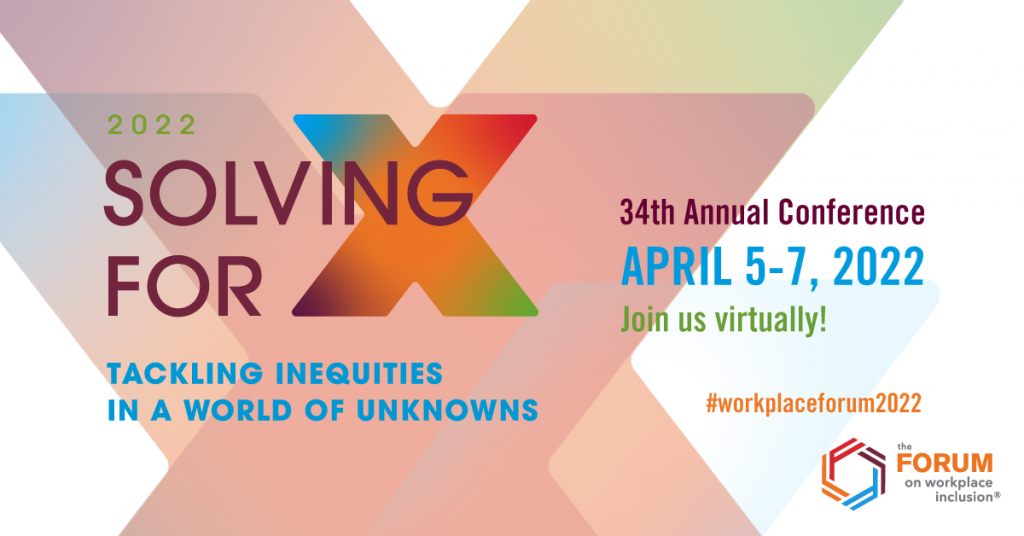





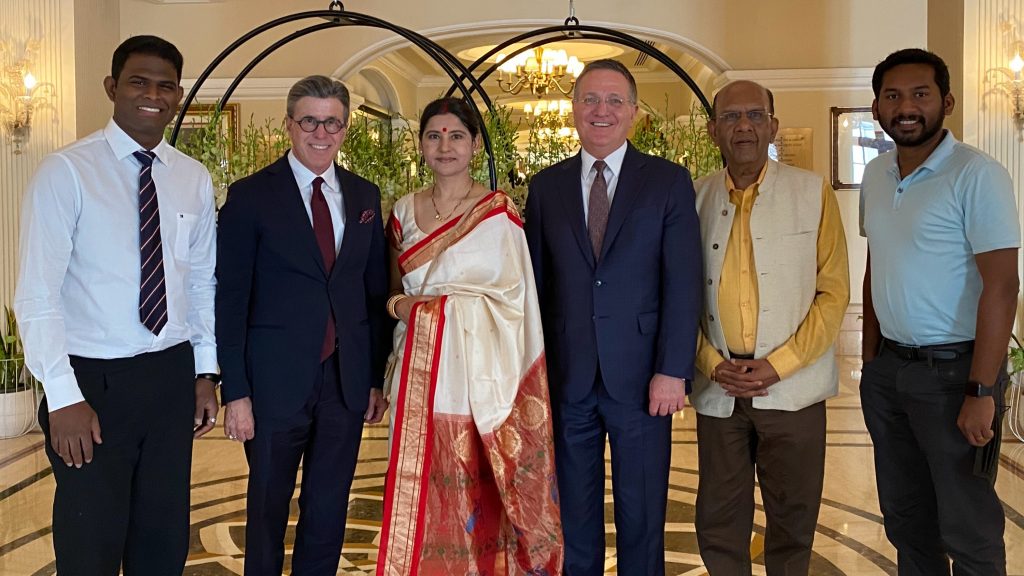 by
by 
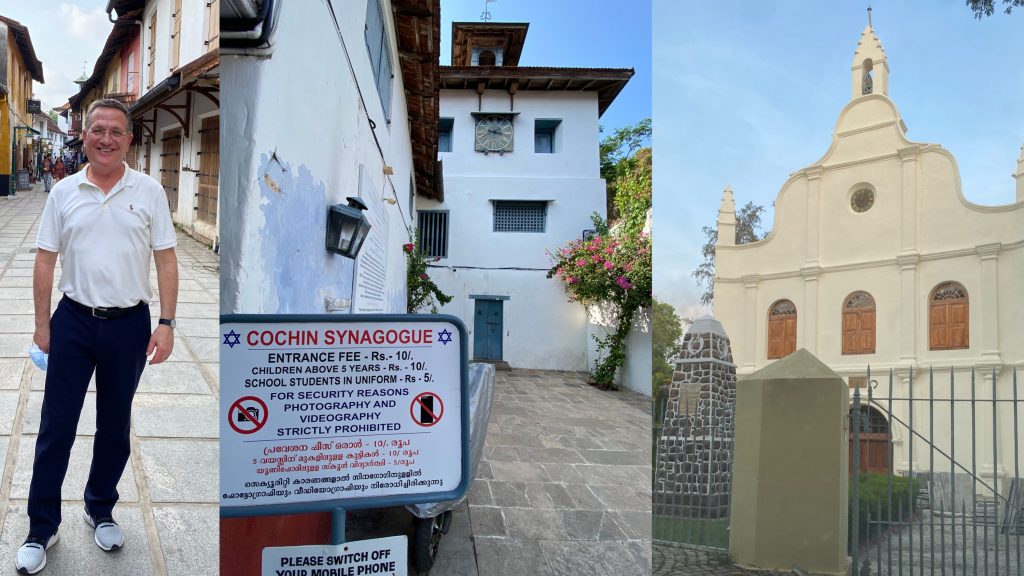
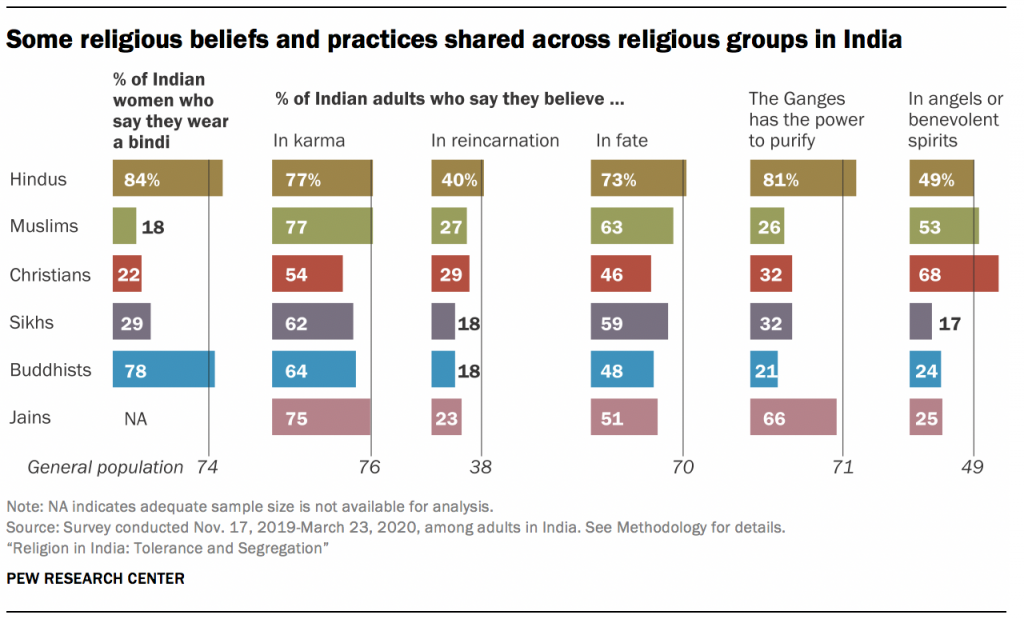

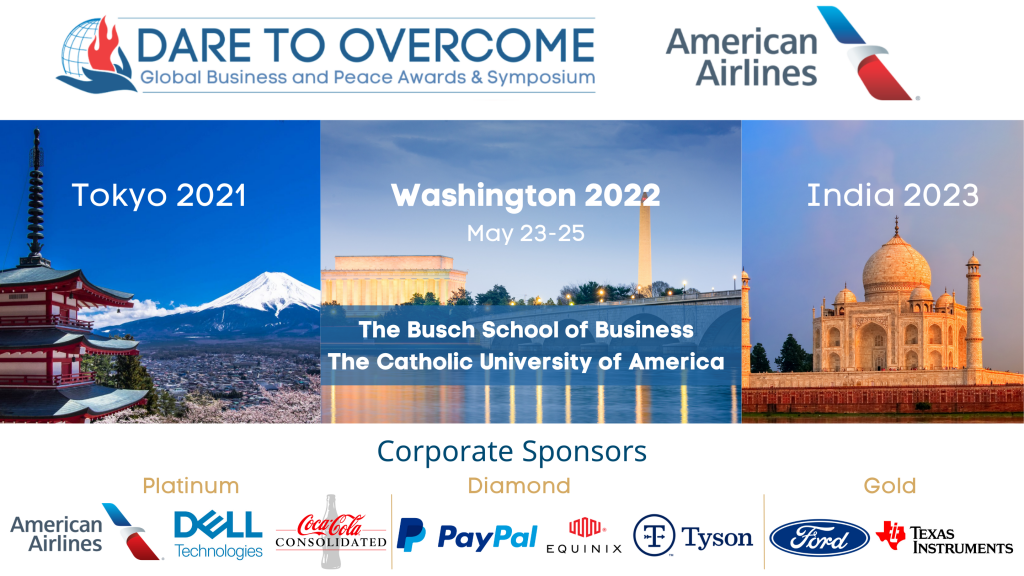
 Pune, India. March 17, 2022
Pune, India. March 17, 2022 IMMEDIATE RELEASE (MUMBAI, INDIA)
IMMEDIATE RELEASE (MUMBAI, INDIA)

